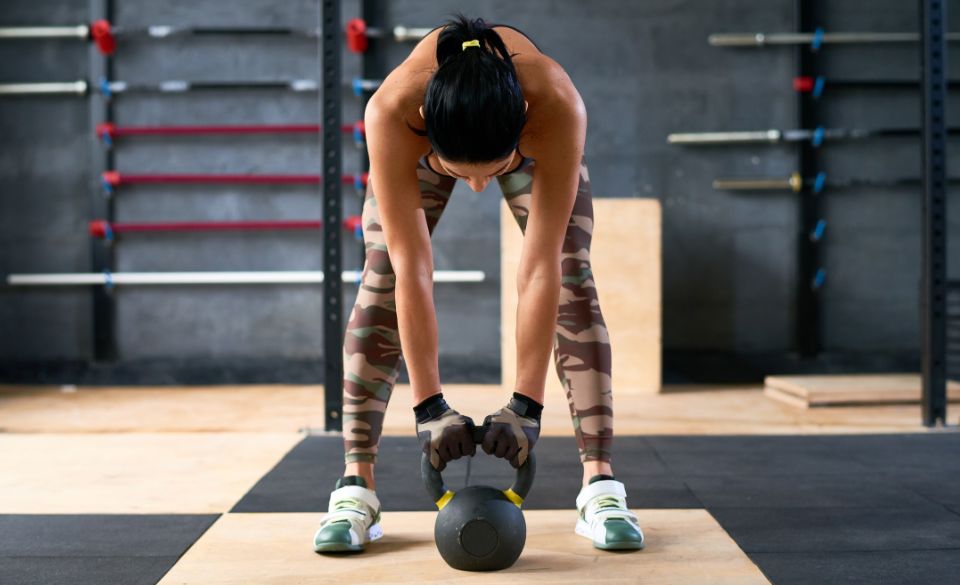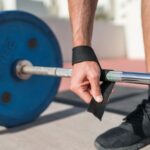
Can You Lift Weights With A Blood Clot?
Page Contents
We all know that lifting weights is good for our health, but can you lift weights with a blood clot? As it turns out, the answer is yes – you can continue to lift weights while you have a blood clot. However, you need to take some precautions to make sure that you don’t injure yourself and further aggravate the clot. In this blog post, we will discuss how to safely lift weights with a blood clot and offer some tips on how to get the most out of your workout.
What Is A Blood Clot?
A blood clot is a mass of blood that has clumped together. Blood clots can occur in any part of the body, but most commonly happen in the legs and arms. Blood clots are a serious medical condition and can be fatal if not treated properly.
There are two types of blood clots: venous and arterial. Venous blood clots are the most common type and usually occur in the legs. Arterial blood clots are less common and usually occur in the arms.
Blood clots are caused by a variety of factors, including injury, surgery, pregnancy, and certain medical conditions. Treatment for blood clots depends on the type of clot and the person’s health.
What Causes Blood Clots?
There are a variety of factors that can cause blood clots. Injuries, surgery, pregnancy, and certain medical conditions can all lead to the formation of blood clots.
Injuries: Any type of injury that damages the blood vessels can cause a blood clot. This includes broken bones, burns, and cuts.
Surgery: Surgery often involves cutting or damaging blood vessels. This can lead to the formation of blood clots.
Pregnancy: Pregnancy often leads to an increase in the level of hormones in the body. These hormones can cause changes in the blood vessels, which can lead to blood clots.
Certain Medical Conditions: Some medical conditions can also cause changes in the blood vessels that lead to blood clots. These conditions include heart disease, cancer, and diabetes.
Treatment for blood clots depends on the type of clot and the person’s health. Venous blood clots are usually treated with blood thinners. Arterial blood clots are often treated with surgery. In some cases, both treatments may be necessary.
If you think you may have a blood clot, it is important to see a doctor right away. Blood clots can be dangerous and even fatal if not treated properly.
What Are The First Signs Of A Blood Clot?
The first signs of a blood clot vary depending on the type of clot. Venous blood clots often cause swelling and pain in the affected limb. Arterial blood clots can cause pain, numbness, and changes in skin color in the affected limb. If you experience any of these symptoms, it is important to see a doctor right away. Blood clots can be dangerous and even fatal if not treated properly.
Can You Lift Weights With A Blood Clot?
The answer to this question depends on the severity of your blood clot. If you have a small, superficial clot, then you may be able to lift weights without any problems. However, if you have a large or deep vein thrombosis (DVT), then lifting weights could cause the clot to break loose and travel to your lungs, which could be life-threatening. So, it’s best to be on the side of caution and avoid lifting heavy weights if you have a blood clot. If you’re not sure how serious your blood clot is, always check with your doctor before attempting any type of exercise.
Can You Still Work Out With A Blood Clot?
As with lifting weights, the answer to this question depends on the severity of your blood clot. If you have a small, superficial clot, then you may be able to work out without any problems. However, if you have a large or deep vein thrombosis (DVT), light physical activity (walking) is recommended over strenuous exercise (lifting weights or running). So, it’s best to be on the side of caution and avoid strenuous exercise if you have a blood clot. If you’re not sure how serious your blood clot is, always check with your doctor before attempting any type of exercise.



